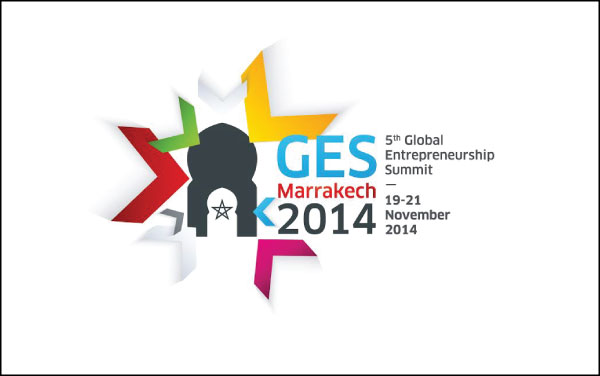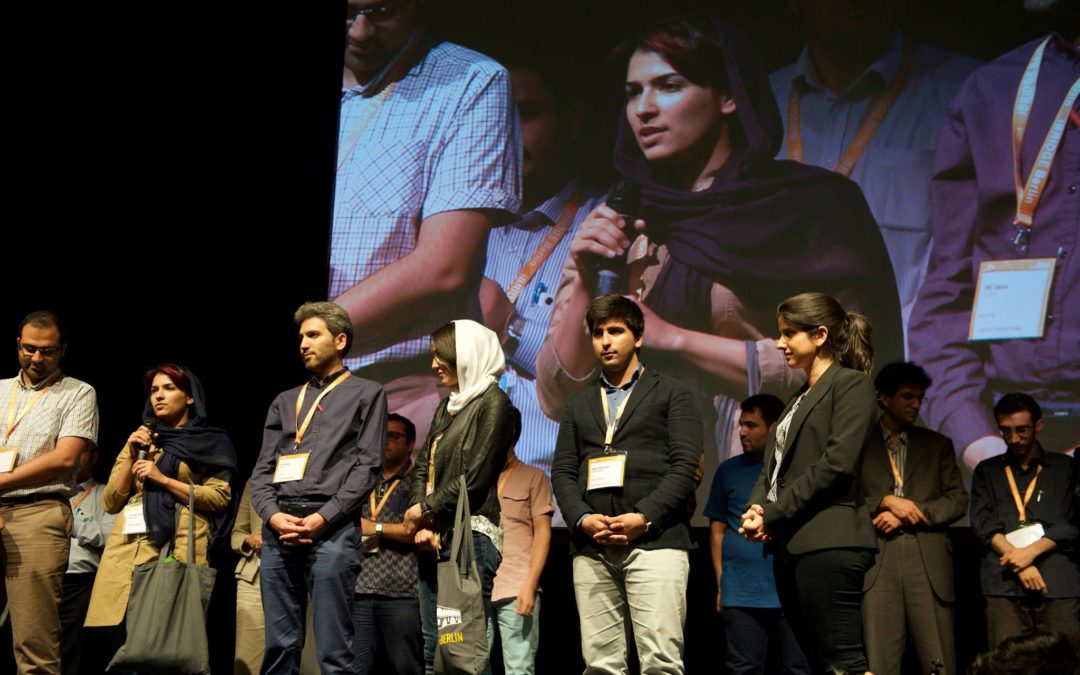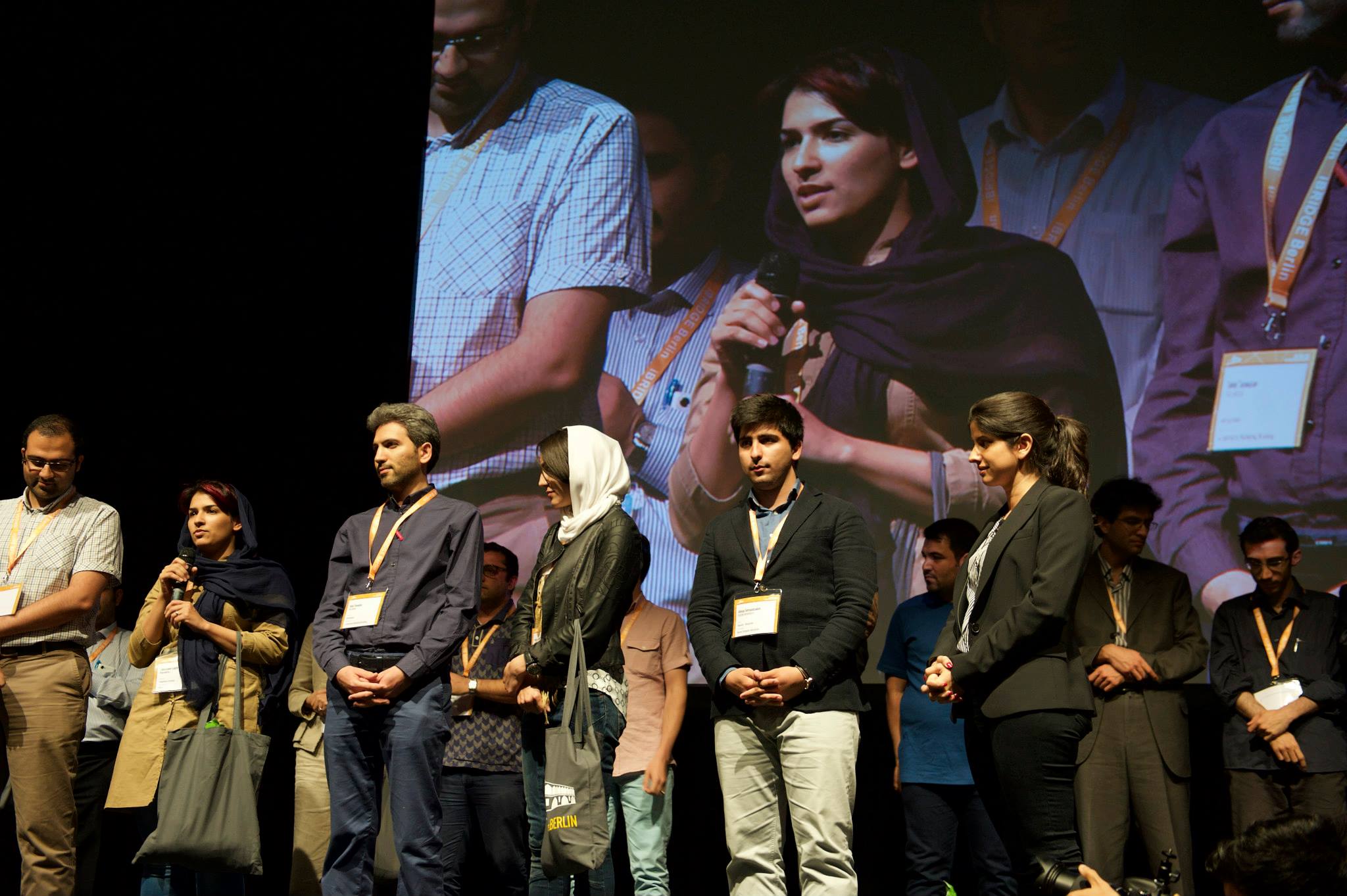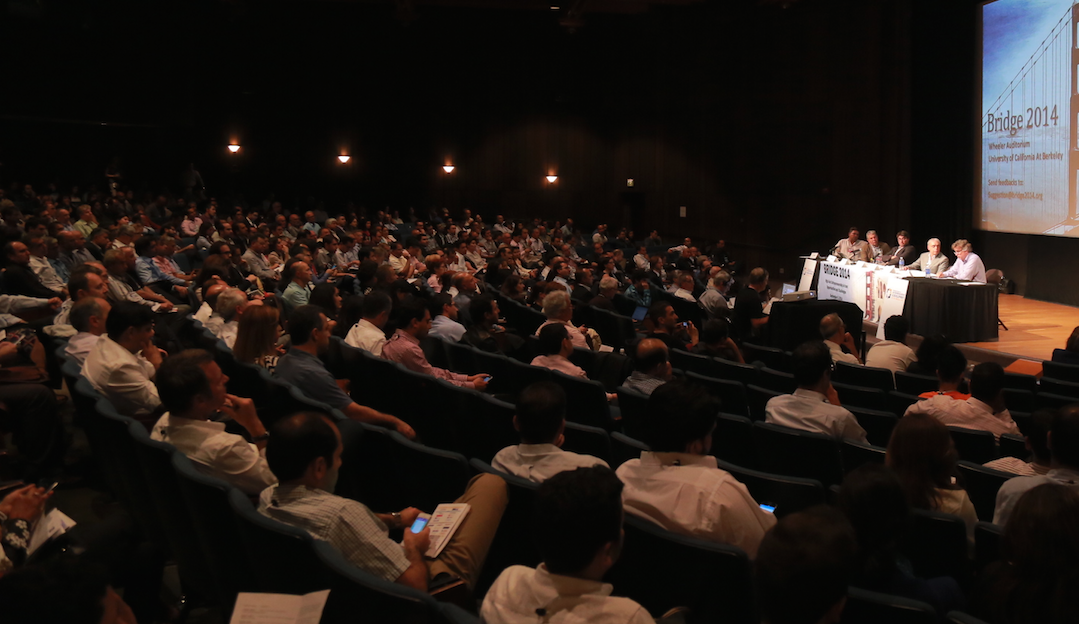
Building Bridges Through Entrepreneurship, Istanbul



BORSA İSTANBUL & UNIVERSITY OF CALIFORNIA, BERKELEY
BUILDING BRIDGES THROUGH ENTREPRENEURSHIP
“TURKEY’S RISE AS A STARTUP NATION IN REGIONAL AND GLOBAL PERSPECTIVES”
In October 2014, Borsa İstanbul and University of California, Berkeley launched the inaugural International Entrepreneurship Conference with the theme “Building Bridges through Entrepreneurship: Turkey’s Rise as a Startup Nation in Regional and Global Perspectives”, to great success.
t the Conference, opened by the then Turkish Deputy Prime Minister Ali Babacan, the renown national and international speakers scrutinized and analyzed the common trends impacting entrepreneurship in their respective countries as well as what regional countries could learn from each other’s successes and failures in promoting innovation and entrepreneurship.
The conference also explored the mechanisms for building and strengthening bridges between successful American, Turkish and Middle Eastern entrepreneurs and their aspiring counterparts throughout the region.
The Conference has attracted great attention, witnessing over 300 international participants including entrepreneurs, investors, business people, developers and innovators.








Recent Comments